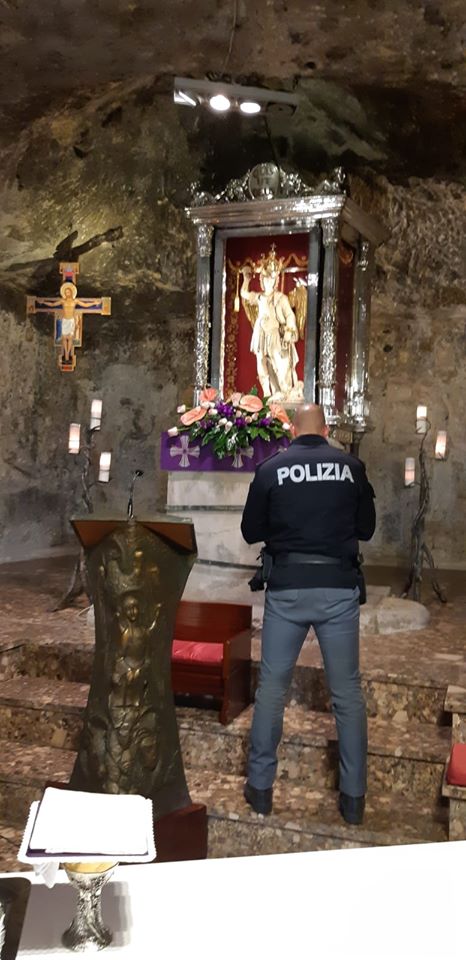People like
Richard Dawkins, author of
The God Delusion (Amazon USA) ,
(Amazon UK) , and Christopher Hitchens, who wrote
God Is Not Great (Amazon USA) ,
(Amazon UK) , et al, when attacking “religion”, play on various ambiguities. They create ambiguities in their choice of terms and then these ambiguities are convenient for them.
The first instance of ambiguity is the use of the term “religion”. It puts together all sorts of people and doctrines which may have very little in common.
To give an analogy, the flat earth theory is undoubtedly a theory of physics. It says something about the earth and, by extension, is a cosmology theory because the universe in which a flat earth exists would be a different universe from ours. It is scientific because it can be tested and disproved, as indeed it has.
Now, if I wanted to criticize scientific physics, I could bundle together the flat earth theory with Newton’s classical mechanics and Einstein’s relativity theory, and say about the former things which are obviously not true about the two latter.
When Dawkins and company attack “religion”, they bundle together Muslim suicide bombers (who are among the most hated figures of our times) with Catholic and other Christian missionaries who risk disease to help the poor in African and other Third World countries.
But, from their viewpoint, it’s a good ploy. If you are not interested in truth and intellectual honesty but only in scoring points (political and non), you can use generic terms which are obviously ambiguous and create confusion by mixing “il sacro e il profano” (“chalk and cheese”). Then, by attacking the obviously bad, you have achieved the effect of also attacking the obvioulsy good in the process. And if you’re good at it, it can be as in a magic trick: nobody noticed where the card, or in this case the truth, disappeared or indeed if it did disapper at all.
Men of science like Dawkins should know that, as in science different theories redefine the concepts they use (Newtonian time and space are not the same as Einsteinian time and space), so in religion the same is true: different doctrines have different concepts of God, and they may have very little in common.
In short, you cannot criticize “religion” meaningfully, especially by extending bad aspects of terrible religions to other religions which are fundamentally good.
Another ambiguity that they employ is when they say “religion is declining in the West” or something to that effect. In that case, what they mean is clearly “Christianity” and not “religion”, given that other religions professed by ethnic minorities who live in the West do not show sign of decline.
Here they got it wrong again. Christianity still permeates Western life and way of thinking profoundly. We are all Christian, as Oriana Fallaci says. I am an atheist Christian as she is, and I’m borrowing her expression because I think it explains well the condition of our “secular” societies too.
These, and we ourselves, have been shaped by two millennia of Christian thinking, luckily. An article by
John Gray on secular fundamentalists in
The Guardian seems to agree with this when he says that Dawkins & co. are really expressions of the Christian background from which they derive (and he does not even defend Christianity, he just attacks Dawkins and his gang). He believes that the very idea of history as progress is Christian.
I don’t know where we would be without this profound Christian influence. Britain, which is perhaps the least Christian country in Western Europe (perhaps in the West) has also some of the greatest drugs and alcohol problems, highest level of teenager pregnancy, highest rate of illegitimate births, biggest problem of an underclass, highest crime rate, highest level of debt among the population, highest spread of obesity.
This is where abandoning our Christian roots would lead: forgetting self-discipline and only thinking of immediate self-gratification have these effects. Which is also part of the reason why, whereas it may be possible for an individual to be atheist, I don’t think that it is apossible for a society to be atheist.
When Dawkins and people of his ilk say something like “hey, look, we are a secular society now and we are fine” or something similar, they systematically forget, overlook or disregard the many, profound, pervasive ways in which many centuries of Christianity have influenced our society and still do. I can see it in myself, how my Christian upbringing still has a (mostly beneficial) effect on me.
Where the intolerant secularists also got it wrong is in putting science and religion against each other. They think that they are incompatible, whereas in fact they occupy different domains, and there is no conflict or contradiction. In fact, you may say that the problems arise when one of them tries to occupy the other’s territory, and attributes to itself a role and capability which it does not possess.
Dawkins is a good case in point. When he writes as a modern evolutionary and genetic theorist and as a zoologist, he is fine and indeed very interesting. When he writes as a self-proclaimed philosopher and a “religion basher”, he writes nonsense.
Something similar happens to science when it usurps a role which is not its own. Dawkins is a good metaphor for this arrogance and its consequences: when he tries to attributes to both himself and science a role which they do not have and a power which they do not possess, they get it all wrong. Basically, biology is his profession, and philosophy of religion is his fun activity, his hobby. I would call him a religion basher by hobby. He definitely should stick to his profession, because he is rubbish at his hobby.
We have to be careful that science does not overstep its domain and role, because many bad things may easily follow from this.
Positivism was a 19th century philosophy which overstressed the power and importance of science. The French positivist sociologist August Comte thought that humanity goes through three stages: "the Theological, or fictitious; the Metaphysical, or abstract; and the Scientific, or positive."
Gray's article does not mention him but mentions the anthropologist James George Frazer instead, who slightly altered and popularized Comte’s theories His three stages are: primitive magic; religion; and science.
All this leads to scientism, the belief that the scientific method can be applied to everything and that science is the most authoritative and valuable learning activity to the exclusion of other viewpoints.
We can easily give too much power to science, as the case of animal experimentation clearly and tragically shows. Most people in the West probably are morally, instinctively opposed to vivisection, but they just accept it because “scientists say that it’s necessary” without even trying to question whether that statement by scientists is true or not.
Technocracy, government by scientists and technical experts, is just as bad as any other form of control by an elite.

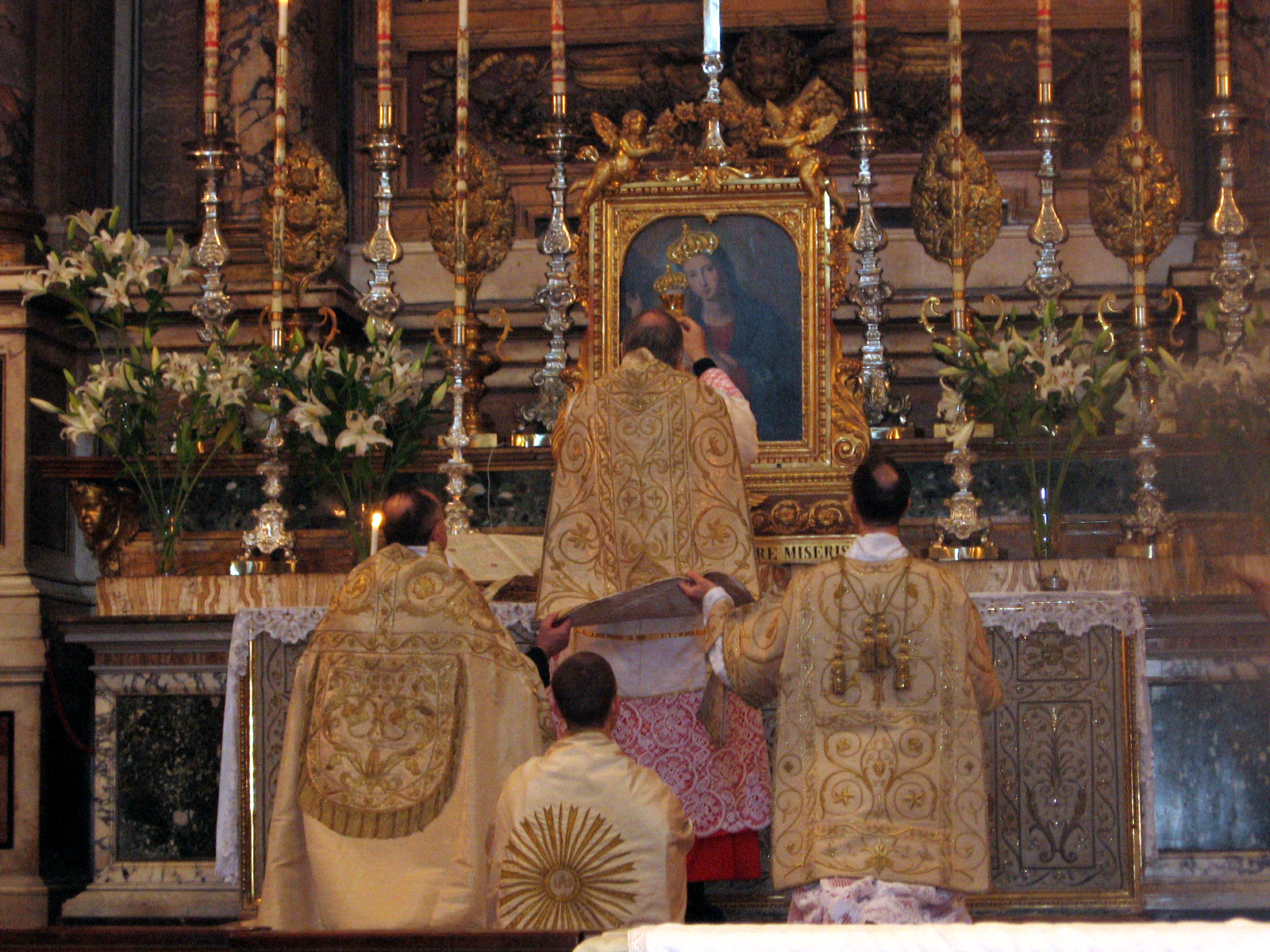
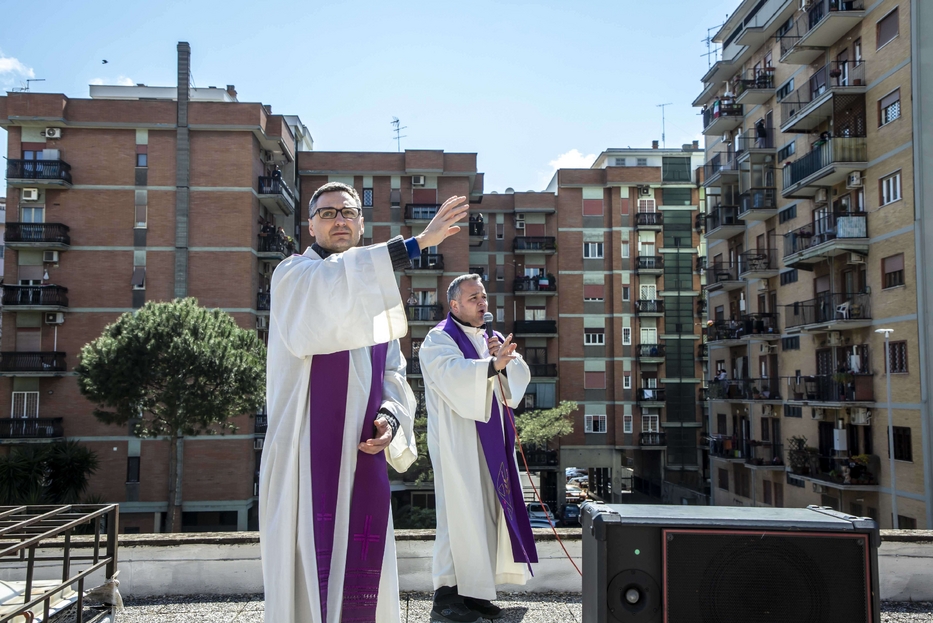
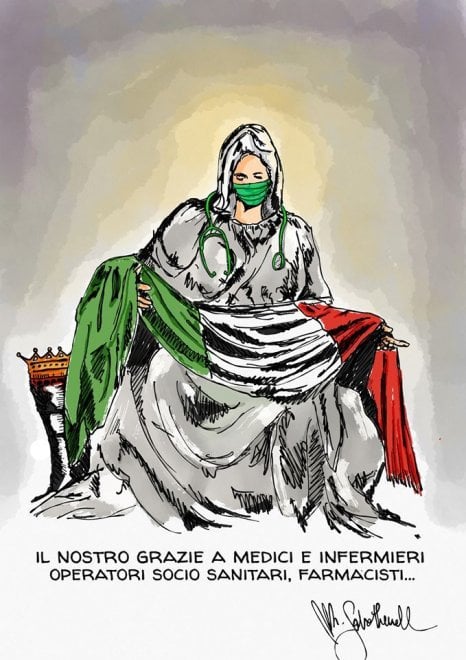
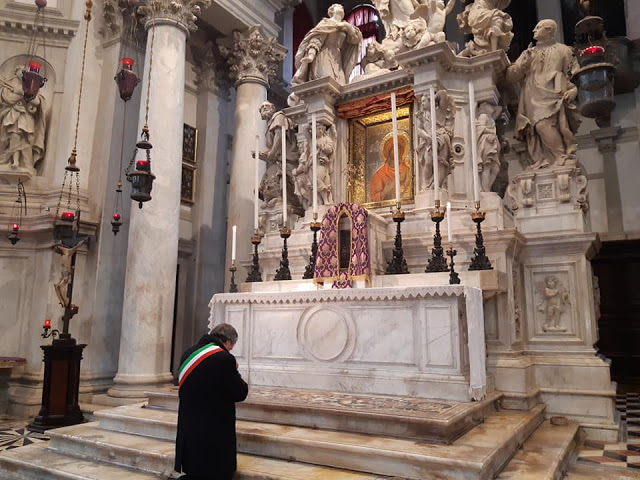 Mayor Consecrates Venice to the Immaculate Heart
Mayor Consecrates Venice to the Immaculate Heart